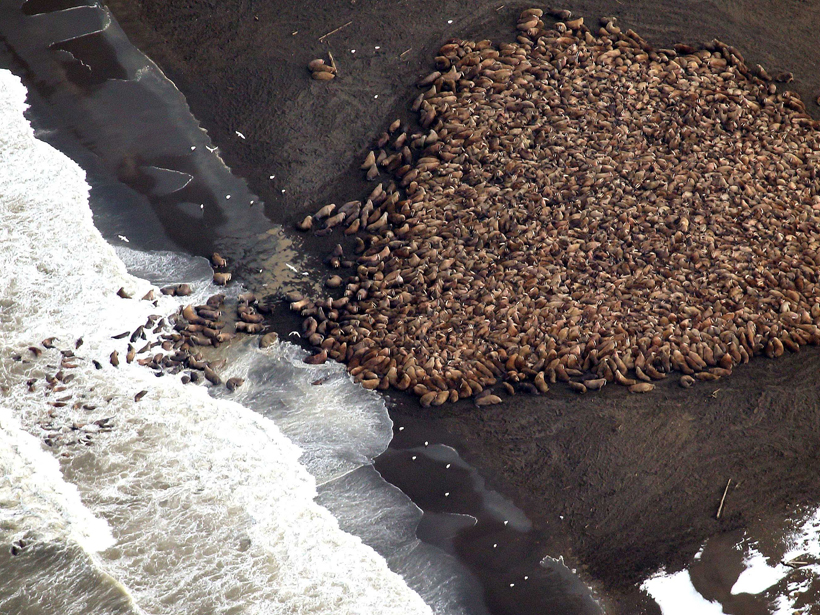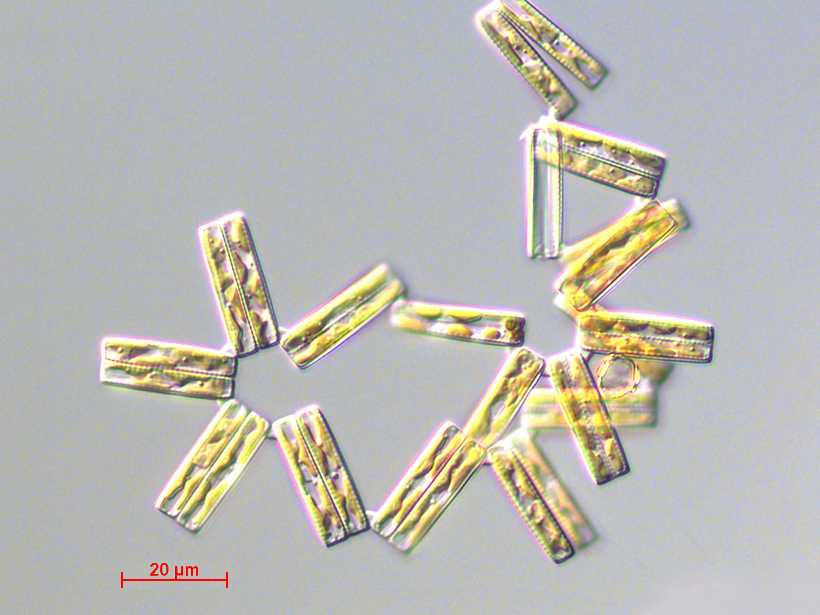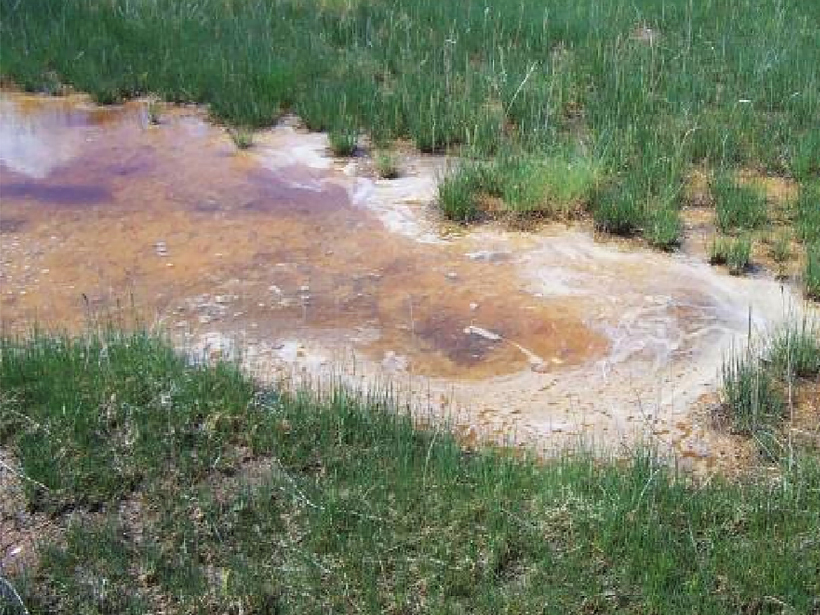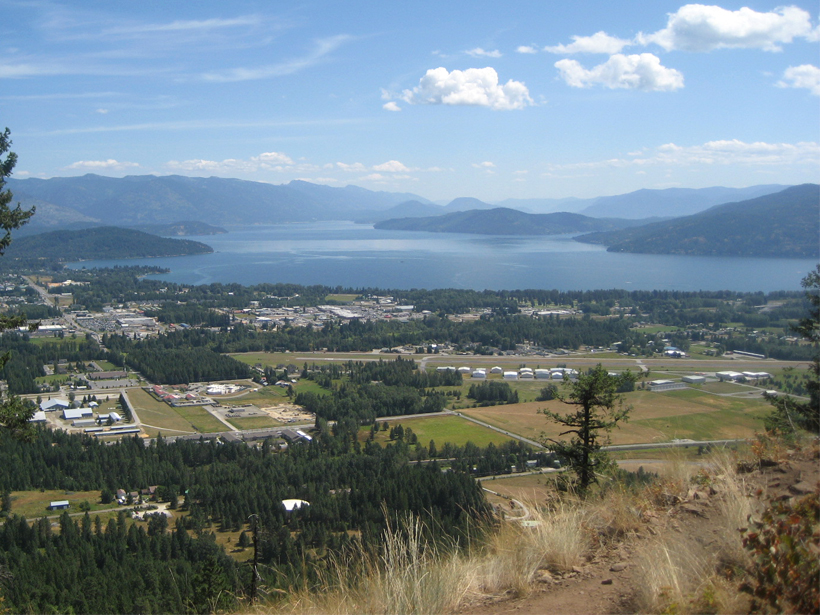France Córdova says that elected officials are generally supportive of science and technology but that the political environment can be challenging.
News
Gore Calls Paris a Good Start on Climate, but More Action Needed
The former U.S. vice president said the Paris agreement offers hope for stabilizing the climate. He also discussed Earth observation instruments used to monitor and understand the planet.
Spending Bill Gives Science Agencies Financial Boost
Congress has until 22 December to vote on the new bill, which provides an increase in funding for NASA, USGS, NOAA, and more.
Human Radio Transmissions Create Barrier to "Killer Electrons"
An interaction between radio waves and the Van Allen radiation belts creates a bubble around the Earth that high-energy electrons can't penetrate.
Arctic Report Card Highlights Profound Regional Changes
The annual assessment focuses on changes to sea ice, snow cover, temperature, and other indicators. Scientists say that changes in the Arctic also affect climate globally.
Plankton Reveal New Secrets About Ancient CO2 Levels
An analysis of phytoplankton shells doubles previous estimates of the amount of carbon dioxide in the atmosphere 11 million years ago.
Experts Focus on Efforts by Cities to Deal with Climate Change
Urban areas must take political and practical considerations into account as they prepare for the effects of climate change, say experts at AGU Fall Meeting.
White House Data Chief Stresses Benefits of Better Communication
DJ Patil urged scientists to make better use of their data to persuasively communicate findings to broad audiences. Some of the best data scientists work in Earth and space sciences, he added.
Salty Secret Might Aid Carbon Impact of Restored Wetlands
Research on a surprising way rainfall affected the salinity of a boreal peatland might help restorers of such wetlands wrecked by tar sands mining maximize carbon absorption of reclaimed marshes.
The Backwards Earthquakes
Earthquakes in Idaho's panhandle are usually caused by the Earth's crust pulling apart. So why were earthquakes on 24 April pushing the crust together?










